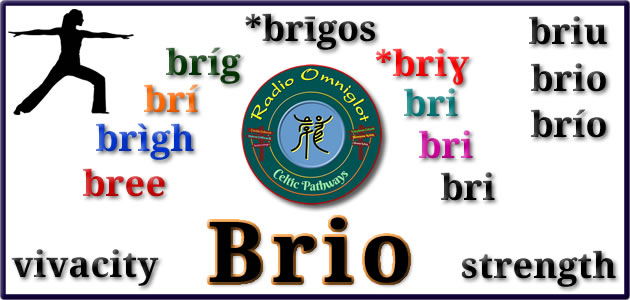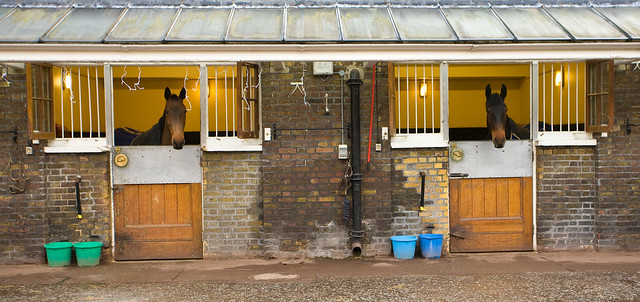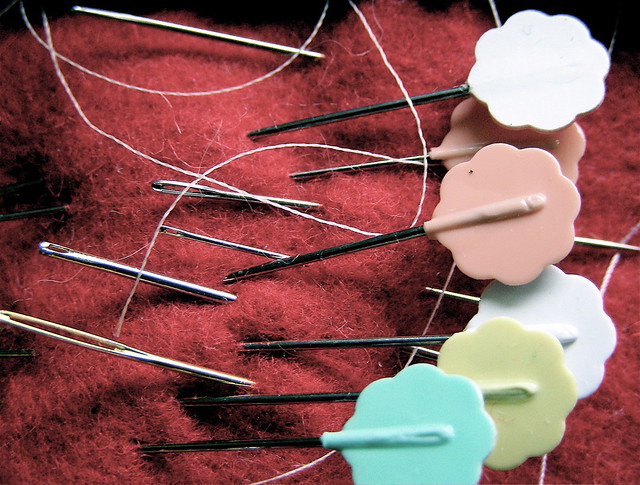Podcast: Play in new window | Download
In this episode, we’re piecing together the Celtic roots of the word piece and related words.
Piece comes from Middle English pece [ˈpɛːs(ə)] (piece, morsel, bit), from Anglo-Norman piece (piece, bit, part), from Late Latin petttia (piece, portion), from Gaulish *pettyā, from Proto-Celtic *kʷezdis (piece, portion) [source].
Related words in the modern Celtic languages include:
- cuid [kɪdʲ] = part (of whole), share, portion, some in Irish
- cuid [kudʲ] = portion, share, allotment, means, belongings in Scottish Gaelic
- cooid = certain, some, stuff, assets, goods in Manx
- peth [peːθ] = thing, object, material, stuff in Welsh
- pyth, peth [pɪːθ / pɛθ] = commodity, material, matter, possession in Cornish
- pezh [peːs] = piece, bit, room, part, what in Breton [source]
Words from the same Celtic roots, via Gaulish and Latin, include pièce (room, patch, piece, play, document) in French, pieze (piece, part) in Spanish, biisi (song) in Finnish, and ピース (pīsu – piece) in Japanese [source].
The Irish word píosa (piece, bit, patch, piece-work, literary or musical composition, coin) also comes from the same roots, via Middle Irish pís(s)a (piece, fragment, coin), and Middle English pece [source].
Incidentally, the French word pièce, has been borrowed into a variety of diffent languages, including Turkish – piyes ([theatrical] play), Russian – пьеса [ˈp⁽ʲ⁾jesə] (a play, piece [of music]), and Georgian – პიესა [pʼiesa] (a play) [source].
More about words for Parts and Portions and related things in Celtic languages.
You can find more connections between Celtic languages on the Celtiadur blog. I also write about words, etymology and other language-related topics on the Omniglot Blog.
Radio Omniglot podcasts are brought to you in association with Blubrry Podcast Hosting, a great place to host your podcasts. Get your first month free with the promo code omniglot.














